What is obstetric fistula?
Stories | September 1, 2020
An obstetric fistula occurs during prolonged, obstructed labour when an unborn baby’s head puts too much pressure on the birth canal, cutting off the blood supply. The maternal tissue dies and leaves a hole between the birth canal, urinary tract, and/or rectum. This hole, or fistula, can cause urine and sometimes faeces to leak uncontrollably.
Types of obstetric fistula
The two most common types of obstetric fistula are vesicovaginal and rectovaginal. Both are devastating injuries that cause acute emotional distress and severely impact quality of life.
- Vesicovaginal fistula: A vesicovaginal fistula is an opening between the vagina and the bladder that shouldn’t exist, and results in urine leaking from the vagina.
- Rectovaginal fistula: A rectovaginal fistula is an abnormal opening between the vagina and the anus or large intestine, which allows faecal matter to pass through the vagina.
Effects of obstetric fistula on women
An untreated obstetric fistula can leave a woman suffering from faecal and urinary incontinence, leaving her feeling humiliated and outcast by her community.
Women with obstetric fistula are also at higher risk of conditions such as urinary tract infections (UTIs), renal failure, vaginal stenosis, infertility, and maternal mortality.
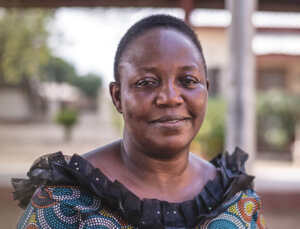
How CBM helps women with fistula
Women living in poor communities often lack access to affordable, quality, and sustainable maternal and obstetric care. As a result, many women give birth at home or in health centres that operate with limited and basic medical equipment and supplies. This increases their risk of obstetric fistula.
CBM works in the poorest communities, raising awareness about the importance of good maternal healthcare and the prevention of birth injuries such as fistula. In remote areas, we’re also training local healthcare workers to identify high‑risk pregnancies and refer those women to hospitals.
Our work in Nigeria
In Nigeria, CBM is expanding its three-year maternal healthcare services program to focus on:
- Better healthcare for women and girls
- Community awareness and advocacy
- Training of healthcare workers in remote villages.
Nigeria has the world’s highest rate of obstetric fistula with over half a million women living with this treatable and preventable condition. Poverty, lack of healthcare access and cultural practices have made this situation worse.
Caption for below image: Strengthening the local health system in Nigeria means staff like Nurse Victoria are better able to provide needed support for complex maternal health issues.
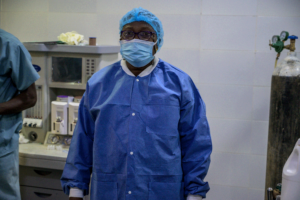
Emelda, Head of Nursing Services at one of CBM’s partner hospitals, talks about how CBM helps women in Nigeria to heal from a fistula.
“Women who have lost their baby during childbirth and then are diagnosed with a fistula need our help and love more than anyone.
“They might hide for years and years. Sometimes their husbands abandon them, leaving these vulnerable women to fend for themselves. Their communities may also reject and stigmatise them.
“Trained midwives, doctors and healthcare workers will help identify problems during labour. They will help to deliver the baby safely, and to treat women with a fistula. They will also help to inform, educate and spread awareness of this condition, so women and girls do not need to feel isolated and alone.
I’ve seen firsthand the difference your compassionate support has made to maternal healthcare programs for women.”
How you can help
Your support can help improve access to healthcare for expectant mothers and education for women and girls.
Your gift will help:
- Train healthcare workers in the identification, management and referral of women with fistula for surgical intervention and treatment
- Provide greater surgical outreach to facilitate access to treatments
- Create advocacy and community awareness on maternal and child health services, including fistula prevention and treatment
- Promote and support emergency obstetric care and obstetric fistula repair surgery.
Support our Fistula Appeal and help CBM raise much-needed donations to help prevent and treat obstetric fistula.
https://www.cbm.org.au/stories/what-is-a-fistula
Related Stories
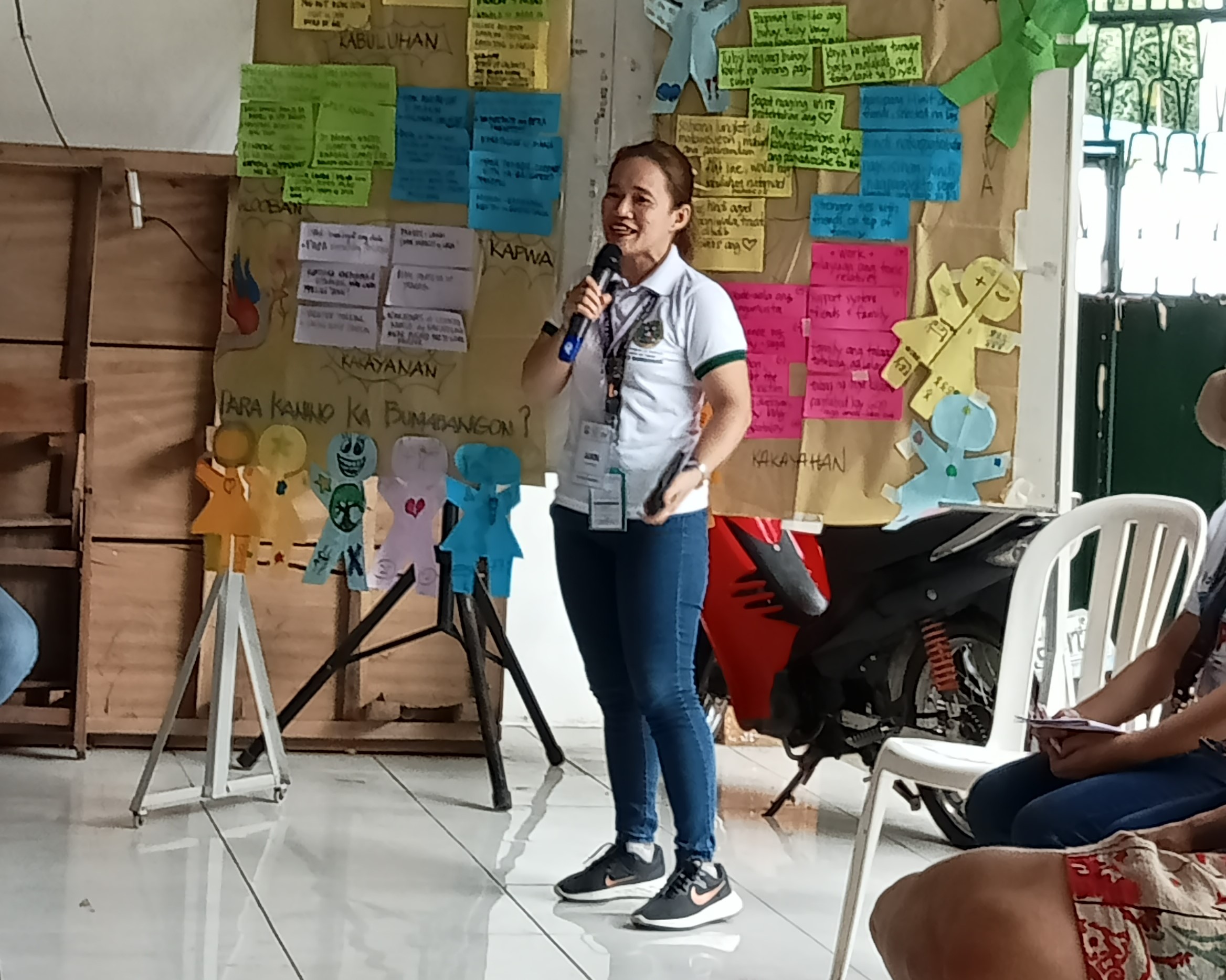
A Light of Hope
Content Warning: The story in this letter refers to suicide, which may be distressing for some readers. If you or someone you know is in need of support, please...
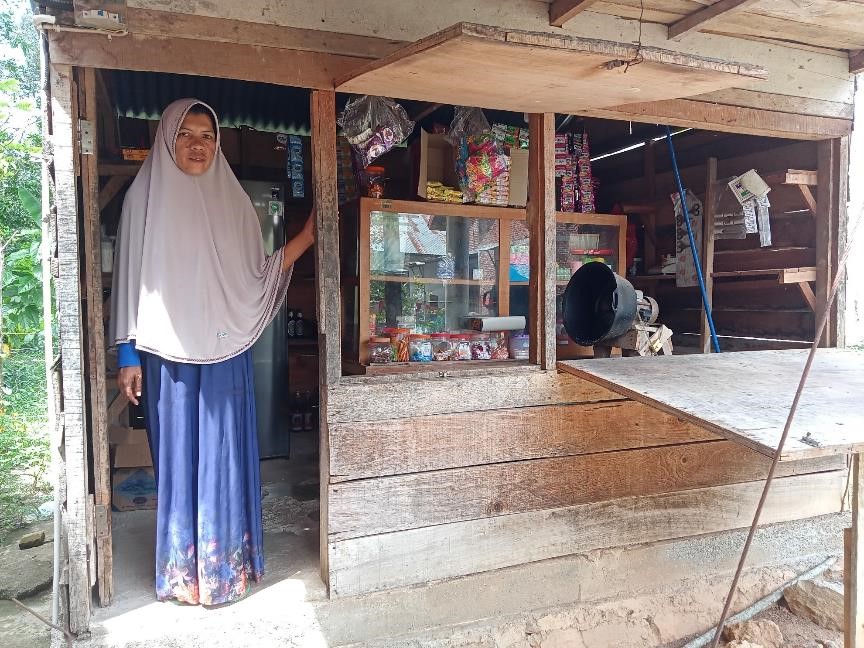
Small Business, Big Impact: supporting mental health in Indonesia
Work is a big part of our lives. Not...
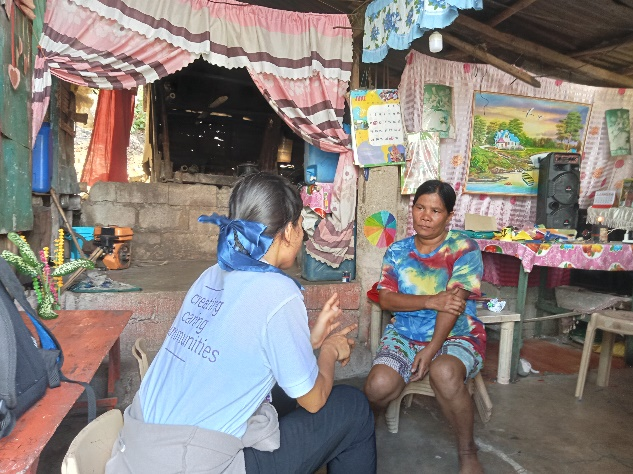
A Resilient Woman
Margie, a mother of seven, is a daycare worker in a small coastal village in the Philippines. A few years ago, Margie was diagnosed with a mental health condition after...
